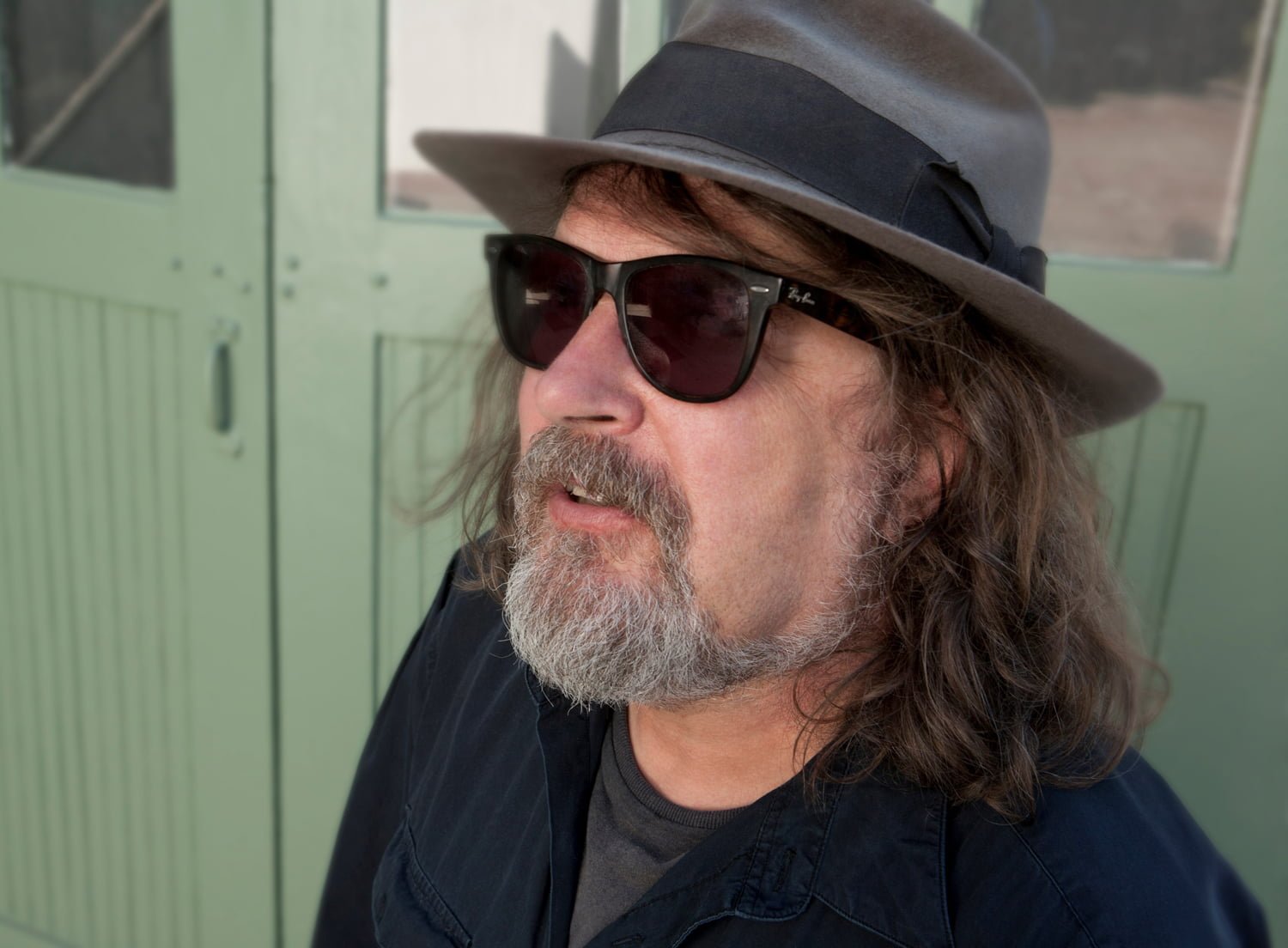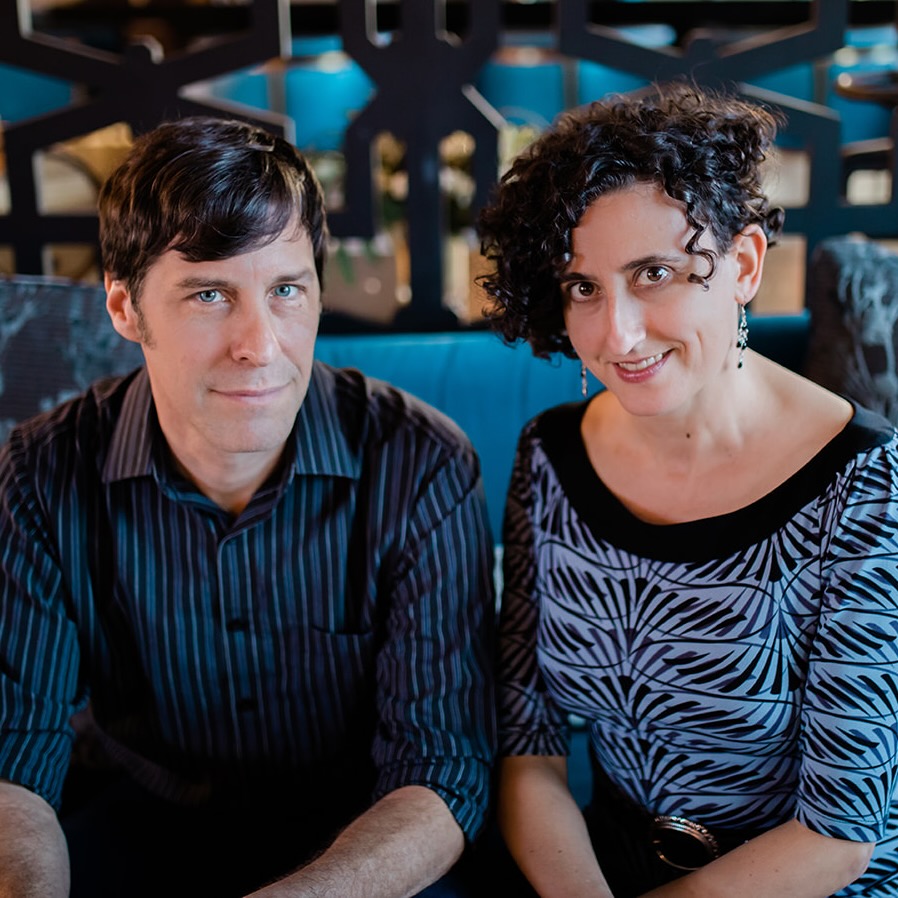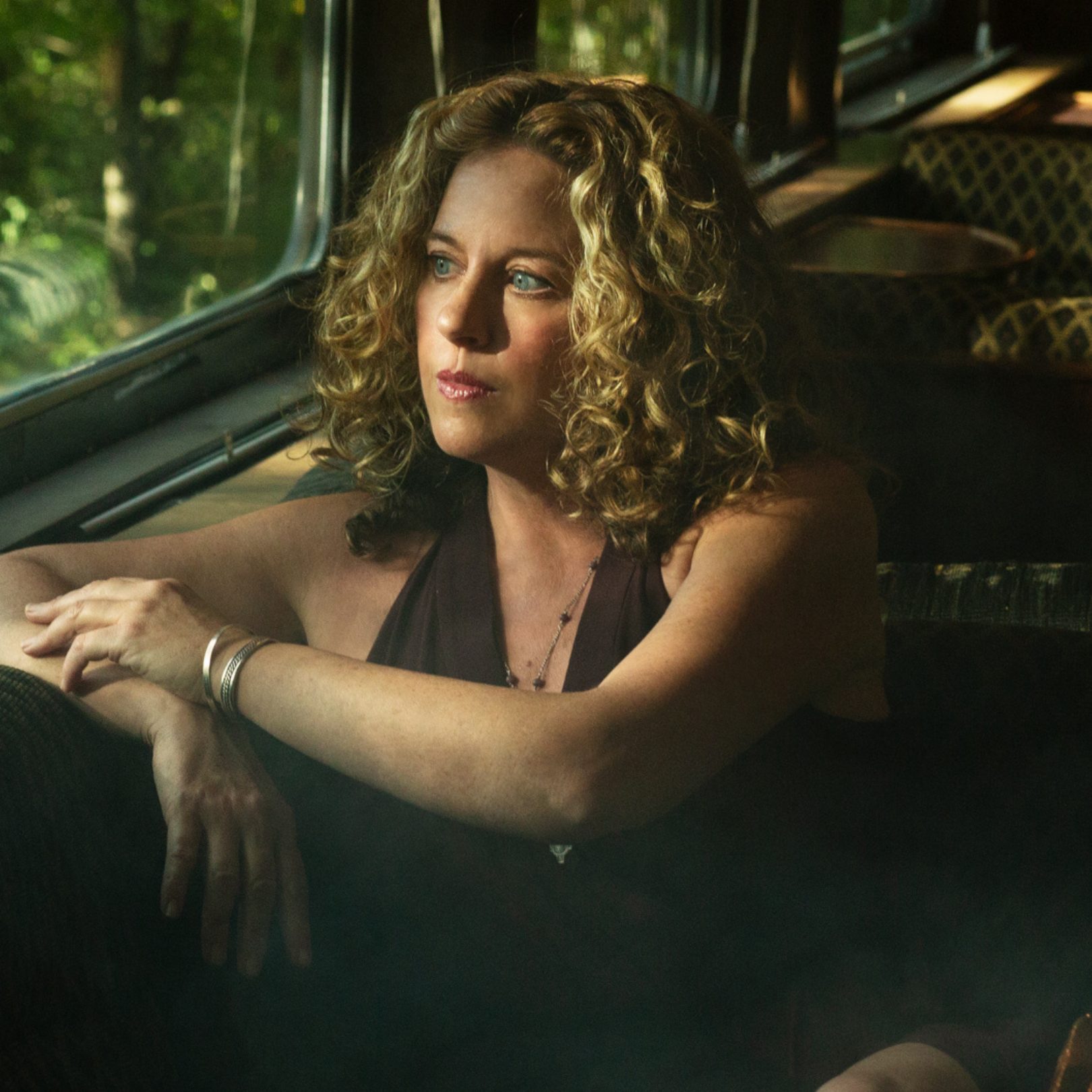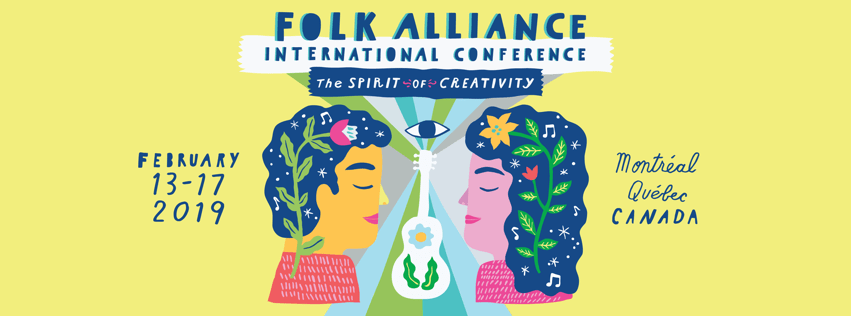Peter Case’s musical path covers a lot of terrain. He was born in upstate New York and hitchhiked to the West Coast in his teens. He busked on the streets of San Francisco and founded seminal Los Angeles punk band the Nerves in the mid-'70s. Though their small catalog holds up remarkably well, Case is perhaps best known from the influential rock 'n’ roll band the Plimsouls. They were a top draw in California and featured in the cult film Valley Girl. In 1986, Case released his first solo record, which marked a return to roots-based music, and he’s been mining this rich vein ever since.
Case has worked with luminaries like T Bone Burnett, Van Dyke Parks, and Sir George Martin. He’s a favorite of Bruce Springsteen's and John Prine's. There is a grit and honesty to Case’s music that is paired with an unparalleled sense of melody. Basically, his music is equal parts Sleepy John Estes and the Beatles. In 2015, Case released HWY 62 — another fantastic collection that features Ben Harper on lead guitar and DJ Bonebrake from X on the drums.
You were instrumental in the early L.A. punk scene, have worked with major labels and smaller boutique labels like Vanguard, and managed to release excellent albums year after year without slowing down. So I can’t think of an artist more appropriate than yourself to offer up some life lessons to the younger generation.
I asked my seven-year-old daughter what she’d learned at school that day. “Dad, we don’t learn things at school!” was her reply.
I’ve rarely learned any lessons in my life, but the lessons I remember most are the ones I’ve learned hundreds of times: "Don’t rush. Everything comes to the one who waits. Be patient. Don’t judge others until you’ve judged yourself. The love you take is equal to the love you make. A stitch in time saves nine."
One of the most important lessons for a songwriter is, “You never know when you’re doing the work.” That’s how I put it to myself, so let’s see if I can explain it.
The song you labor over for months may get a lot better and still not make the album. But one of its lines could get pulled out and used in a song you worked on for five minutes, and that tune could turn out to be among the best you’ll ever do.
Who knows? Not me — never, when I set out, do I know where the road will end. So the work itself is always some kind of an adventure.
That’s the good news: “You never know when you’re doing the work.” All you can do is be ready to throw yourself in. And it doesn’t necessarily matter if the song is a hit, or grist later, or a Frankenstein monster. Songs are magic birds and they’ll land in your tree if they feel like it. You can’t force ‘em. You suit up and show up. You can write phrases on scraps of paper, do lyrical portraits of friends and strangers, write off the top of your head, imitate your favorites, or invent a new way of walking. But you never know when you’ll be doing the work.
Is there a story behind these lessons? Can you expand on how you learned this?
There are a lot of problems with the idea of me passing along “lessons learned” to other musicians. One is, the lessons I’ve had to learn involve knowledge that many other people may take for granted.
Here are a few:
1) Don’t be in a hurry to marry someone who is always mad at you. (This is self-evident for most.)
2) Check your driver's license before traveling far from home and assuming you can rent a car. The license may expire on your birthday. I was stranded in Colorado with two weeks of gigs I almost missed. Ended up hitching a ride with Robbie Fulks.
3) Know who’s in the room before you start talking. (This, too, is self-evident for most.)
4) File and pay your income tax. I learned this one the very hard way in the mid-'80s. I thought it was all taken care of by somebody else.
5) Always pay attention.



